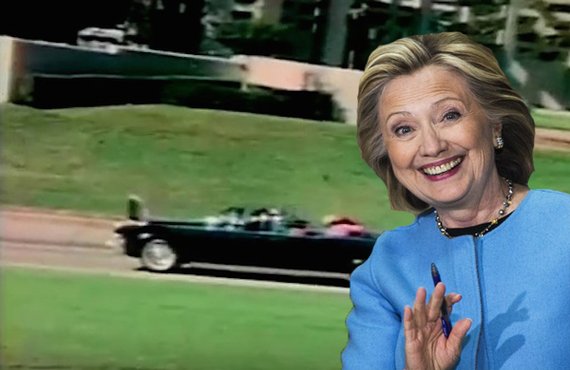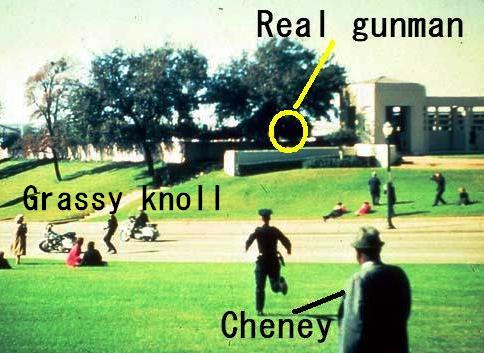The success of the Democratic strategy in the Judiciary Committee today can be seen by the number of zingers they racked up.
I only count something as a zinger if the questioner got a meaningful response from Mueller.
Speech making doesn't count.
NADLER: The president has repeatedly claimed that your report found there was no obstruction and that it completely and totally exonerated him, but that is not what your report said, is it?
MUELLER: Correct. That is not what the report said.
NADLER (reads from p. 2, v. 2 of the Report) then asks: “Now does that say there was no obstruction?
MUELLER: No.
NADLER: And what about total exoneration? Did you actually totally exonerate the president?
MUELLER: No.
NADLER: And your investigation actually found, quote, “multiple acts by the president that were capable of exerting undue influence over law enforcement investigations, including the Russian interference and obstruction investigations.” Is that correct?
MUELLER: Correct.
NADLER: Under Department of Justice policy, the president could be prosecuted for obstruction of justice crimes after he leaves office, correct?
MUELLER: True.
NADLER: Did the president refuse a request to be interviewed by you and your team?
MUELLER: Yes.
LOFGREN: Did your investigation find that the Russian government perceived it would benefit from one of the candidates winning?
MUELLER: Yes.
LOFGREN: And which candidate would that be?
MUELLER: Well, it would be . . . Trump.
LOFGREN: You wrote [the Trump campaign] expected it would benefit electorally from information stolen and released through Russian efforts, isn’t that correct?
MUELLER: That’s correct.
JOHNSON: And the president claimed that he wanted to fire you because you had supposed conflicts of interest, isn’t that correct?
MUELLER: True.
JOHNSON: Now, you had no conflicts of interest that required your removal, isn’t that a fact?
MUELLER: Correct.
(cont . . .)
Johnson: DOJ ethics officials confirmed that you had no conflicts that would prevent you from serving as special counsel, isn’t that correct?
MUELLER: That’s correct.
Richmond: In other words, the president was trying to force McGahn to say something that McGahn did not believe to be true.
MUELLER: That’s accurate.
Richmond: “substantial evidence indicates that in repeatedly urging McGahn to dispute that he was ordered to have the special counsel terminated, . . . "
(cont.)
RICHMOND: ". . . the president acted for the purpose of influencing McGahn’s account in order to deflect or prevent further scrutiny of the president’s conduct towards the investigation.”
MUELLER: It’s accurate.
RICHMOND: It's fair to say the president tried to protect himself by asking staff to falsify records relevant to an ongoing investigation?
MUELLER: I would say that is generally the summary.
Finally, Buck — a Republican—asked this question:
BUCK: OK, but the -- could you charge the president with a crime after he left office?
MUELLER: Yes.
💠
I guess he forgot which side he’s on.
I know, we got one already. I just it was funny that it came from Buck.
End/














